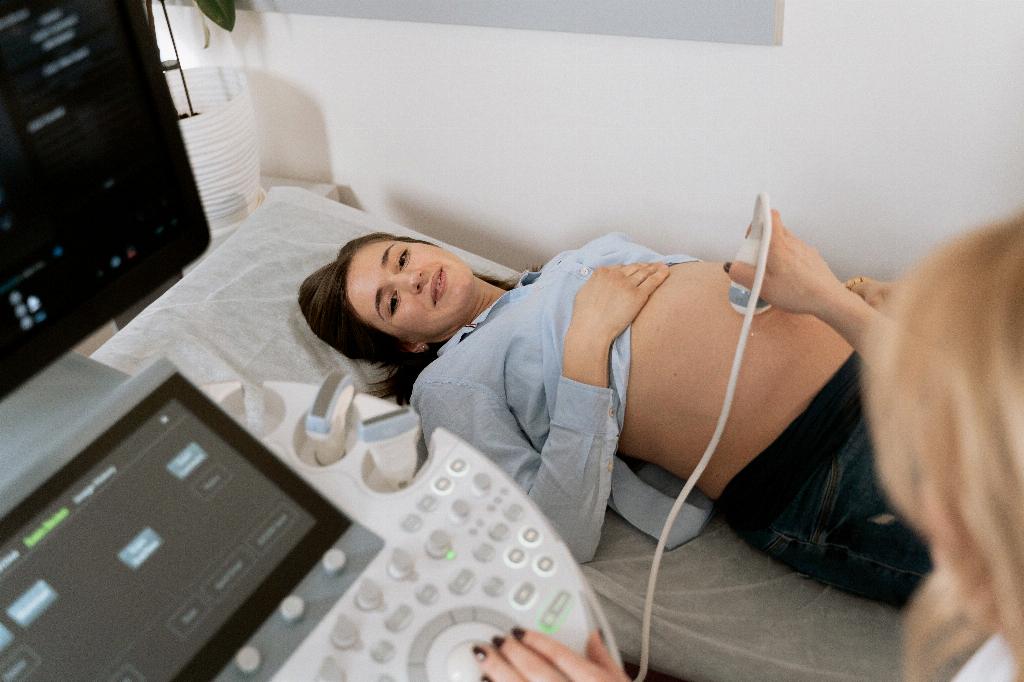Knowing the difference between pregnancy symptoms and regular menstrual cycles can be confusing. It’s important to note that pregnancy and periods are entirely different processes that occur within the female reproductive system. When a fertilized egg implants itself into the uterus, it signals the body to stop shedding the uterine lining – which results in the absence of a menstrual cycle.
The Myth of Having a Period While Pregnant
Contrary to popular belief, it is not biologically possible to have a period while pregnant. If you experience bleeding during pregnancy, it may be due to other factors such as implantation bleeding or complications that require medical attention.
Signs That You May Be Pregnant Despite Bleeding
Feeling nauseous, experiencing breast tenderness, increased urination, and fatigue are all common early signs of pregnancy. If you notice these symptoms alongside bleeding that resembles a period, it’s essential to take a pregnancy test to confirm or rule out pregnancy.
Importance of Taking a Pregnancy Test
A pregnancy test is the most accurate way to determine if you are pregnant. It can detect the presence of hCG hormone in your urine, which is produced during pregnancy. Taking the test as soon as you notice any unusual symptoms can provide you with answers and guide you on the next steps to take.
Risks of Unprotected Vaginal Sex
Engaging in unprotected vaginal sex not only puts you at risk of an unplanned pregnancy but also increases the chances of contracting sexually transmitted infections (STIs). It’s crucial to practice safe sex by using condoms or other forms of contraception to protect yourself from these risks.
Options for Preventing Unplanned Pregnancy
Various contraceptive methods are available to help prevent unwanted pregnancies. Long-term options like intrauterine devices (IUDs), contraceptive injections, and oral contraceptives (the pill) offer reliable protection when used correctly.
Consulting a Healthcare Provider
If you suspect you may be pregnant despite experiencing bleeding, it’s advisable to seek medical advice from a healthcare provider. They can perform a more accurate pregnancy test, address any concerns you have, and provide guidance on what steps to take next.
Understanding Implantation Bleeding
Implantation bleeding occurs when the fertilized egg attaches itself to the uterine lining. This light spotting can be mistaken for a period but is usually shorter in duration and lighter in flow. It’s often accompanied by other early pregnancy symptoms.
Monitoring Menstrual Changes
Keeping track of your menstrual cycle and any unusual changes can help you understand your body better. If you notice significant deviations from your regular period pattern, it may be an indicator of pregnancy or an underlying health issue that requires attention.
Embracing Regular Check-ups
Regular visits to your healthcare provider can ensure your reproductive health remains in check. They can offer guidance on family planning, contraception methods, and address any concerns you have about your menstrual cycle or potential pregnancy.
Final Thoughts on Pregnancy and Menstruation
While having a period while pregnant is scientifically impossible, bleeding during pregnancy can occur due to various reasons. It’s essential to listen to your body, take note of any unusual symptoms, and seek medical advice if you suspect you may be pregnant. Understanding the nuances of pregnancy and menstruation can empower you to make informed decisions about your reproductive health.

